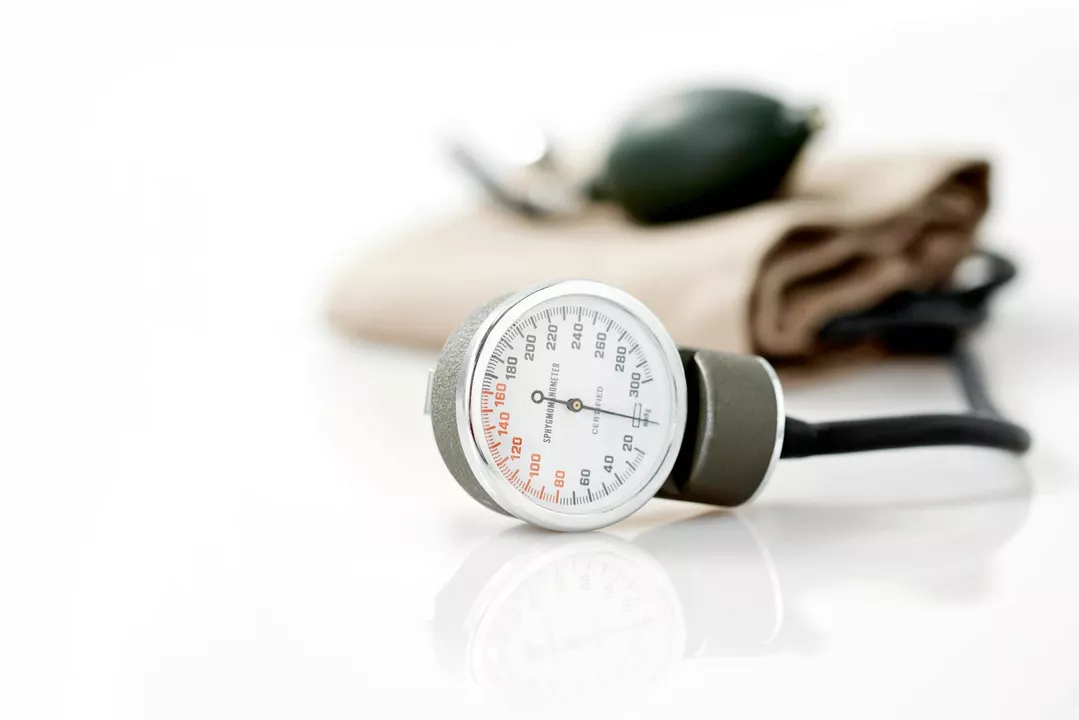Blood Pressure: What You Need to Know
Blood pressure is a big deal when it comes to your health. It’s the force your heart uses to pump blood through your body, and if it’s too high or too low, trouble can sneak in. High blood pressure, or hypertension, is a major risk factor for heart attacks, strokes, and kidney issues. But here's the good news: keeping your blood pressure in check is doable with the right approach.
Why Monitoring Matters
Checking your blood pressure regularly gives you a snapshot of how your heart and vessels are doing. It’s easy to get tested at your doctor’s office, or you can use home monitors—you want those numbers to stay within a healthy range. If your pressure creeps up, it’s not about panic but about action. Lifestyle tweaks often help, and sometimes medication is needed to keep things balanced.
Managing Blood Pressure: What Works
Diet and exercise play a huge role. Cutting back on salt, eating more fruits and veggies, and moving around regularly can lower blood pressure naturally. Weight loss helps if you’re carrying extra pounds. Stress management and quitting smoking also make a difference. When lifestyle changes aren’t enough, doctors often prescribe meds like olmesartan or verapamil. Understanding your meds—how they work and potential side effects—is key, so you feel confident about your treatment.
Sticking to your plan means fewer surprises down the road. Whether you’re tracking blood pressure for prevention or managing diagnosed hypertension, being informed helps you take control of your heart health every day.

How Perindopril Erbumine Lowers Blood Pressure - Mechanism, Benefits & Dosage
Learn how Perindopril erbumine lowers blood pressure, its mechanism, benefits, dosage, side effects, and how it compares to other ACE inhibitors.

9 Alternatives to Lisinopril for Lowering Blood Pressure
This article explores nine different alternatives to Lisinopril for managing blood pressure. With insights into natural and pharmaceutical options, readers can learn about the benefits and limitations of each alternative. The piece provides practical tips and comparisons, helping individuals make informed decisions about their blood pressure management. From herbs like Hibiscus Sabdariffa to pharmaceutical drugs, it covers a wide range of choices.

The Role of Supplements in Hypertension Management
In my latest blog post, I discussed the role of supplements in hypertension management. I found that certain supplements, such as potassium, magnesium, and omega-3 fatty acids, can significantly help regulate blood pressure. However, it's important to remember that supplements should be used in conjunction with a healthy diet and lifestyle changes. Always consult a healthcare professional before starting any new supplement regimen. Stay tuned for more health tips and information on my blog!





